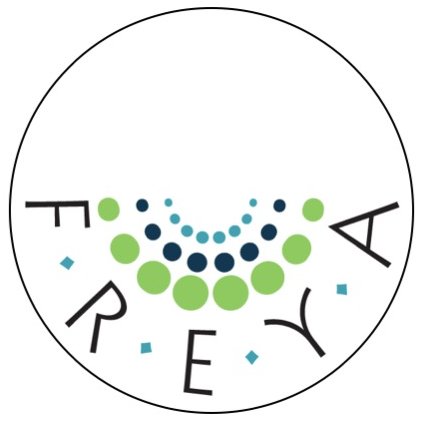
Last week I gave a talk at the FREYA project wrap up meeting, part of the EOSC life symposium, on PIDs and how we (as part of my day job) were looking at using them to reproduce scientific research. This was one of the prize winners for the end of project award.
The basic concept is as follows:
- When a researcher visits an institution we create a PID identifying their “session”
- As an experiment is performed, we mint PIDs for each relevant asset, and “cite” the session identifier. Assets should include everything relevant for reproducing the science (this includes things you might not think of such as beam line or microscope configuration settings)
- When a research output is produced (research paper, protein in the protein database), all these sessions are tied together with another PID and a link is established between that bundle and the final output
- Using the PID Graph it is possible to unpack this.
If you’re interested, you can watch the presentation, or read more in the paper below.
